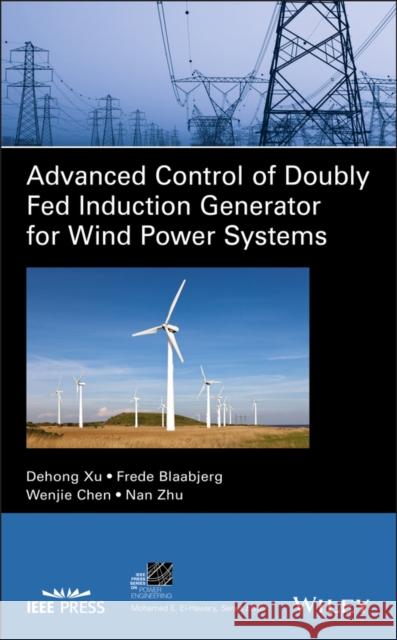Advanced Control of Doubly Fed Induction Generator for Wind Power Systems » książka
topmenu
Advanced Control of Doubly Fed Induction Generator for Wind Power Systems
ISBN-13: 9781119172062 / Angielski / Twarda / 2018 / 496 str.
Kategorie BISAC:
Wydawca:
Wiley-IEEE Press
Seria wydawnicza:
Język:
Angielski
ISBN-13:
9781119172062
Rok wydania:
2018
Numer serii:
000430697
Ilość stron:
496
Waga:
0.90 kg
Wymiary:
23.11 x 15.49 x 2.79
Oprawa:
Twarda
Wolumenów:
01
Dodatkowe informacje:
Wydanie ilustrowane











